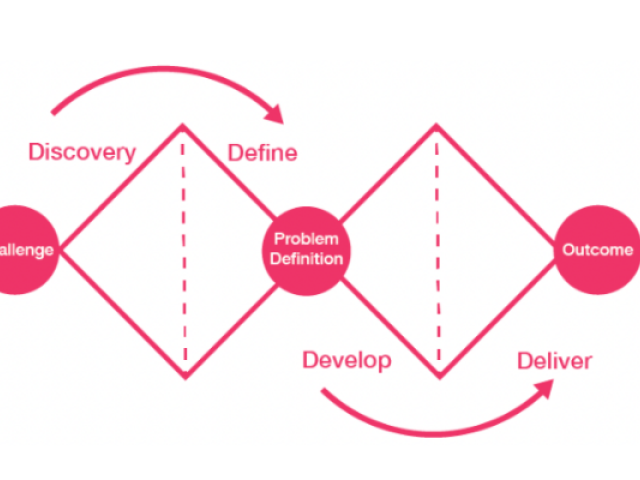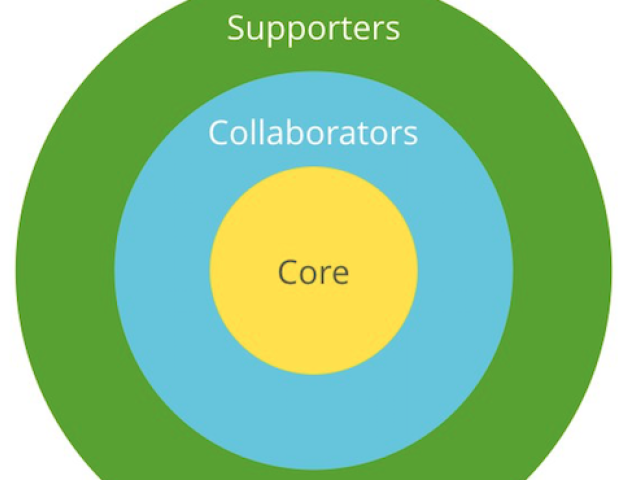Project aims
We aimed to:
- understand the end-to-end journey for users of hazardous waste returns and identify areas for improvement
- gain a better understanding of problems that one group of users - farmers - have when registering for and complying with waste exemptions
- test different approaches to improving users’ understanding of which exemptions to register and how they must comply
- use the discovery/alpha project to demonstrate to Natural Resources Wales the value of user-centred and hypothesis-led design
The problem we're solving
Farmers stand to benefit from an improved service and better guidance that helps them comply with waste exemptions.
More broadly, all Natual Resources Wales’ users would benefit from more user-centred services and guidance.
Partners
We worked closely with Natual Resources Wales’ (NRW) policy and operational teams and subject matter experts to understand the current hazardous waste and waste exemptions services.
The digital team for both phases included an NRW content designer and occasional collaboration with an NRW user researcher.
The hazardous waste discovery and waste exemptions alpha have been the first ‘demonstrator project’ that we and NRW worked on together.
A summary of the work
It has showcased the benefits of user-centred, Agile service design rather than a traditional, ‘waterfall’ approach. NRW staff were closely involved in the service design throughout.
Discovery
For the discovery phase, we interviewed organisations that produce and receive hazardous waste.
Starting in November 2021, our 12-week discovery identified a range of issues with NRW’s hazardous waste service, including problems with its waste returns spreadsheet and the quality of guidance around the service. The team designed, built and tested a prototype of one section of the hazardous waste returns process that allowed users to process 'null returns' (basically telling NRW they didn’t handle any hazardous waste that quarter) in a much simpler way.
While this yielded many useful insights, NRW and CDPS determined that the costs of further investigating the hazardous waste service would likely outweigh the benefits.
Discovery revealed that similar problems with the content of the waste exemptions service were causing issues with registration and compliance. User research suggested that farmers – the largest user group for exemptions – tend to register more exemptions than they need to. Because of this, NRW has less reliable insight into farmers’ activities and compliance.
Alpha
In the alpha phase, we did research with farmers, farmers union staff and an agricultural consultant.
Following discovery, we agreed with NRW that we would focus alpha on ways to help farmers better understand which waste exemptions they should select. Insights from this could also help NRW in other areas, by improving the quality of data as well as their approach to ‘light touch’ regulation.
One possible reason farmers aren’t registering correctly is that they don’t understand the guidance. To test this hypothesis, we designed clearer, better structured and more succinct guidance for the D1 exemption activity: depositing waste dredged from inland waters. We found that users were better able to understand the improved content.
Another reason the current waste exemptions content might not be working for users is that they’re skipping over sections or otherwise not engaging with the guidance. We built a second prototype where users must answer one question per page to find out if they should register for a D1 exemption activity. We’ve just put this in front of users and are analysing the findings.
We also began exploring how we might improve the quality of Welsh language versions of content. Rather than just sending the finished English language content to the translation team, we first met the translator to run through the thinking behind the prototype. We then asked her to identify areas where a literal translation of the English into Welsh was problematic. We also began developing a set of principles to ensure better translations and started work on a framework for bilingual pair writing.
Knowledge sharing and skills transfer
Throughout the discovery and alpha phases, the team have gave online ‘lunch and learns’ and masterclasses to NRW staff on different aspects of Agile, content creation and user-centred design.
We’ve also published blog posts supporting these presentations. Our aim was to highlight the benefits of user-centred design and nudge the organisation towards adopting this approach. That is also a goal of NRW’s new digital strategy and aligns with the Digital Service Standards for Wales.




